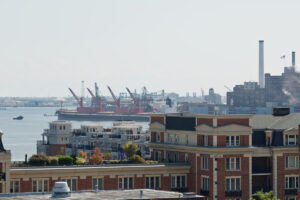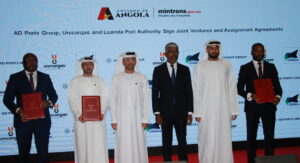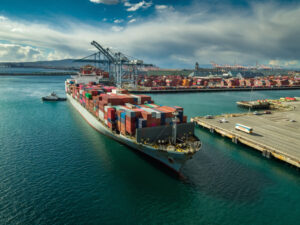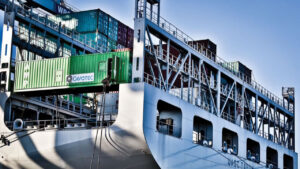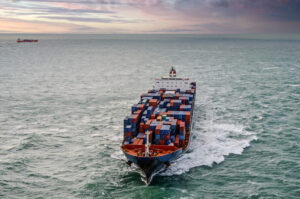MSC has introduced a new intermodal solution for the Djibouti-Ethiopia corridor, further enhancing its East Africa portfolio.
This also marks the first MSC intermodal service in Ethiopia.
The solution combines road and rail transport to facilitate imports and exports out of the landlocked country.
MSC now offers two weekly services, connecting its global network to the Port of Djibouti. This includes:
- The PETRA service which connects China, the Far East, Southeast Asia, and all cargo routed via Singapore to Djibouti.
- The NWC IPAK service which provides a direct connection to Northern Europe, while also linking to the US, MED, and IPAK regions via King Abdullah Port in Saudi Arabia.
Key transit times from Djibouti via road for imports are as follows:
- Addis Ababa: 3 days
- Hawassa: 4 days
- Modjo: 3 days (no service to dry port)
Key transit times to Djibouti via rail for exports are:
- Indode Rail Station: 1 day by rail
- Modjo Rail Station: 1 day by rail
“We have been enthusiastically exploring our options for the past few years and are excited to offer this intermodal solution that we believe will add value to MSC service,” said Soji Thomas Korah, General Manager of MSC Ethiopia.
“The Far East, Southeast Asia, U.S, IPAK, & NWC are all key markets for both Djibouti and Ethiopia. Our new intermodal services will be vital for coffee and garment export shipments to these regions.”
The Ethiopian Hinterlands is one of the fastest-growing corridors in the East Africa region and MSC is looking to expand its services further over the next few years.
MSC was also recently crowned the world’s leading feeder provider according to a new analysis report. A.P. Moller Maersk (Maersk) came in close second.
The 10 largest feeder carriers provide around two-thirds of global feeder Annual Trade Capacity. This means that the remaining third is in the hands of around ninety carrier groups.


